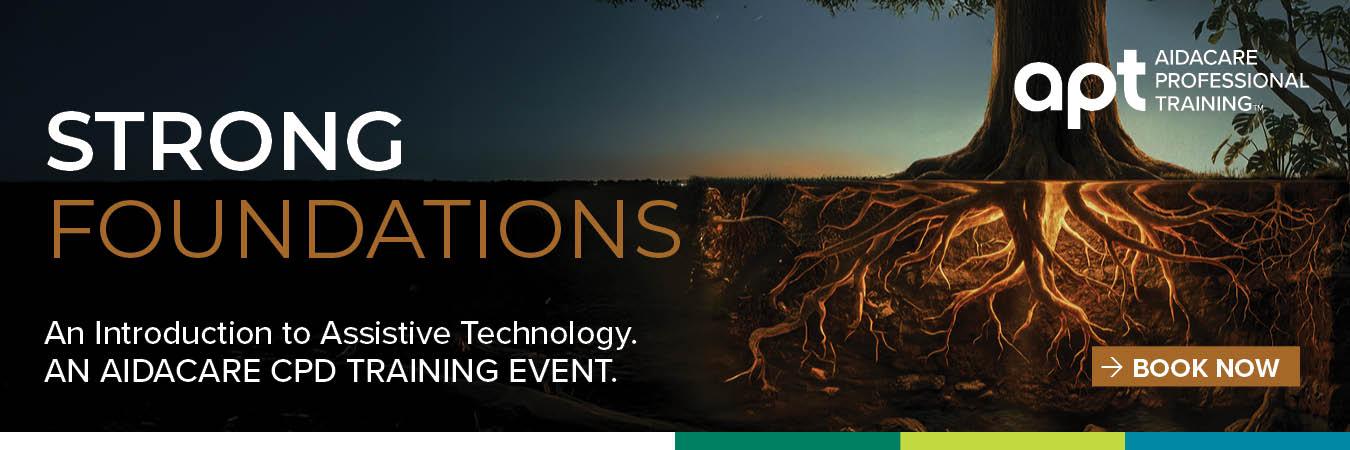
Published: Thursday 9 January 2025
This position paper defines the roles, scope, and operational and professional responsibilities of Allied Health Assistants (AHAs) in the delivery of occupational therapy in hospital and the community. The paper provides a structure for occupational therapists to effectively supervise and delegate to AHAs, and will assist occupational therapists in understanding the clinical governance requirements in facilitating the AHA role within an occupational therapy service.
Quisque leo turpis, placerat at aliquet eget, posuere quis leo. Vivamus semper pellentesque vestibulum. Nullam sit amet aliquet nisi. Suspendisse sed purus convallis, iaculis leo id, ultricies sem. Suspendisse placerat convallis ipsum.
Fusce tristique mauris eu dui rutrum, sed auctor lorem sagittis. Nulla ultrices bibendum odio ut placerat. Nulla vel sodales nisl. Fusce eget velit fringilla, ultricies velit ut, posuere ante. Aenean auctor dui id rhoncus eleifend. Praesent dictum ultrices iaculis. Maecenas augue erat, mattis ut convallis nec, facilisis id dolor.




